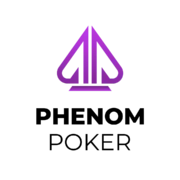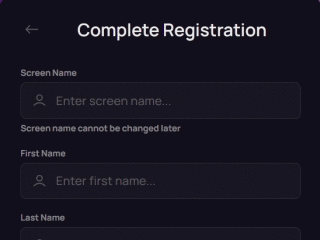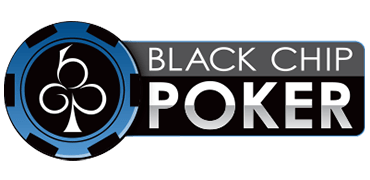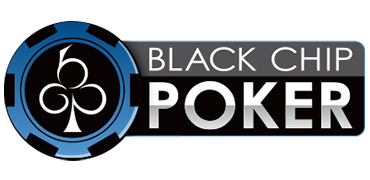In early December, Stephen Chidwick came on the Winning the Game of Life podcast. Unfortunately for Stephen, the image of 3rd on the video thumbnail is outdated now. Jason Koon won a couple of million in the Bahamas and knocked Chidwick one spot lower on the All Time Money List, down to fourth. This didn’t make the conversation between Daniel Cates and Stephen Chidwick gloomy or depressing. We've got to remember, we're talking about someone with over $54 million in tournament earnings.
– Daniel: Hi all! Today I've got, possibly, the best tournament player out there. Word on the street is that he's the best, from what I've heard. He's also won over $54 million in tournament winnings! Built his bankroll off no money at all, off of freerolls... so there's a bit more to the story going on. Tell us a bit more about how you got into poker!
— Stephen: I have always loved games of any kind. I grew up playing card games, board games, video games. I stumbled across poker – really enjoyed it. This was when I was 15 years old, I found out there were these freerolls where you didn't have to pay any money and you can win $10 or whatever. That was amazing to me at the time. Then took that to SNGs, my first niche I guess. Then I outgrew them and switched to tournaments.
— What does it mean to "outgrow" SNGs?
— I reached the highest stakes on the sites I was playing. There was more to be won in tournaments. I always wanted to climb my way up the ladder and be playing against the best players at the biggest buy-ins. Before I finished school and became a full-time professional, my alarm would go off around 6 pm for the $109 rebuy. I would play until the early hours of the morning, watch some Poker X-Factor videos or whatever, and go to bed as the sun was coming up.
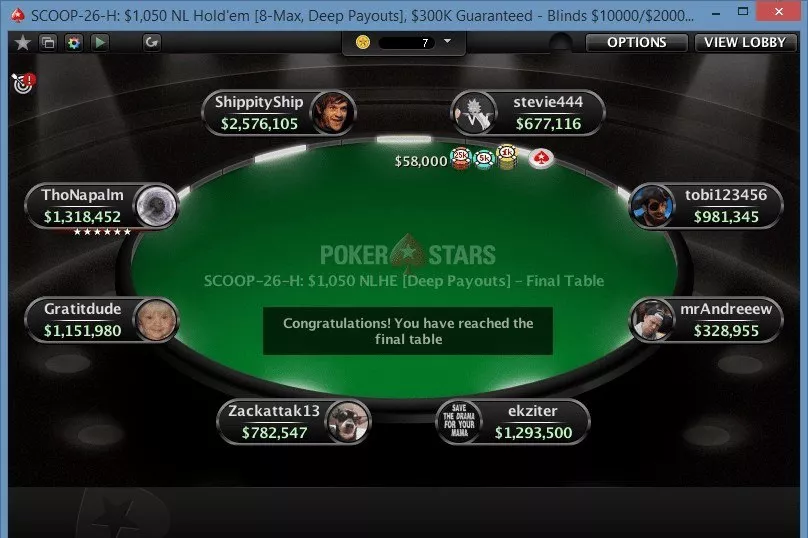
— I used to play the Steps SNGs on PokerStars (basically satellite SNGs where you could level to larger events). The top on was always a $2100 Step into a live tournament. I started playing the live stops, kind of out of that and I really fell in love with traveling as well. Meeting new peoples, seeing new places, new cultures and I really fell in love with that.
— There are probably tons of people out there that are sitting here, wishing they could be you. They're thinking "Wow, could I be the next Stephen Chidwick or could I win even $10 million in tournaments".
— The nice thing about playing the Steps was that every live tournament I traveled to – I had a package for. That means food is comped, room is included in the package or like, the main event buy-in is included in the package, so it wasn't so expensive. Definitely, traveling around the way I do now is pretty expensive. You're right that you have a lot of money to make before you're in profit if you're the live tournament grinder – if you're traveling a lot.
If you're wondering – PokerStars is still running promotions like this nowadays. You can level up to international events, just like Chidwick.
— I don't know much about your study habits.
— My study habits? I think that's actually what kind of contributed a lot to my success. I think I was always a kind of mediocre, nothing-special poker player, I don't think I was particularly talented. Then I was one of the first adopters of PioSolver, one of the modern solvers. I found out about PioSolver pretty early and saw how much potential it had and how it was going to revolutionize the game. I saw that as, "Okay, this is my opportunity to be ahead of the curve." All of a sudden you had answers to questions you couldn't know answers to before. I really enjoyed the process of learning through that medium. I think that the time I devoted to that is kind of what set me on this path to where I am today.
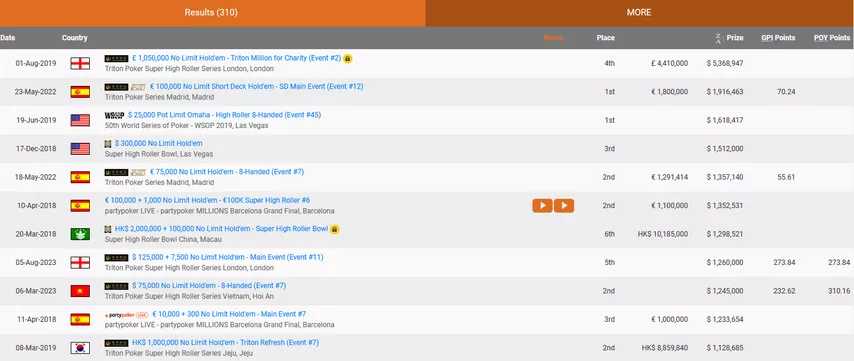
— That makes a lot of sense. I had my own experience with PioSolver. I'm not really an expert in ICM at all, to be honest, have you worked much with ICM calculations? How's your ICM study habits? Any revelations?
— The ICM stuff, you kind of have to take with a grain of salt right. It's kind of an imperfect model, but its the best we have right now. I think you can definitely get a lot of insights from it, I definitely have. But at the end of the day, you have to adjust for what falls within the model. I think this is why tournaments are the last form of poker that's going to be solved.
If you want to actually get the answer to a question about a tournament poker hand, you essentially have to simulate the entire rest of the tournament. The game tree would be astronomically big.
— I'm trying to think of a good question to ask you so that you can demonstrate a little bit of your insight into this...
— Yeah I mean, so one of the biggest revelations for studying this stuff – which makes sense if you think about it – is all of this 3-bet folding off shallow stacks or 4-bet folding off shallow stacks, things you wouldn't do in cash games. You're just getting the odds to call all-in. In a tournament, if you think about how the value of your stack is mapped, each chip isn't worth the same amount.
The last few chips are worth the most and each one you add is worth less and less. Say you were going to 4-bet fold for half of your chips – you would never do that in a cash game. In a tournament, because half of your chips aren't half of your EV in the tournament (they might be only 20% of your EV) now you can do things like 4-bet fold half of your chips and it still makes sense. It's not half of your value. 3-bet folding off of 15bb or whatever, that kind of stuff changes a lot with ICM.
— Is there one particular hand that stands out?
— I guess one hand that, was probably the biggest equity pot I've ever played most likely was four-handed in the Triton Million. Bryn was chip leader, Aaron Zang was on the shorter side and playing very tight. Dan Smith, who was third in chips, but also playing tight but well. I opened Cutoff and Bryn shoved the Big Blind for around 30 blinds effective and there was a situation where the solvers are going to tell you to call off very tight, being second in chips and risking busting before the other two.
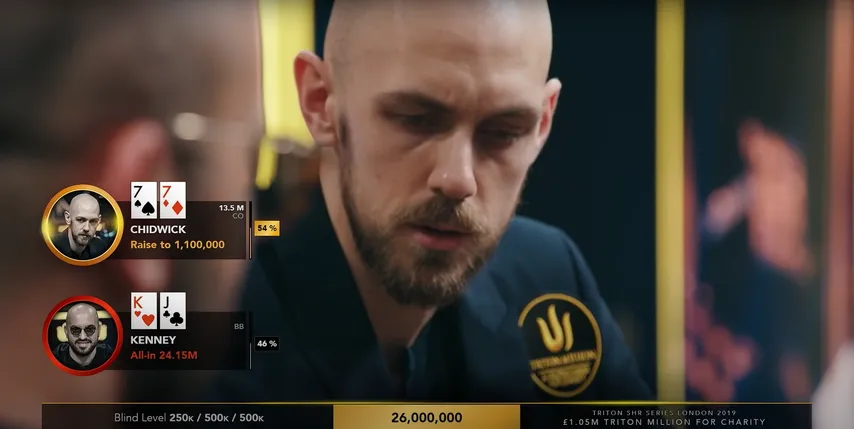
I thought that the future game considerations were extreme in that situation. Basically, we were at this tipping point, where if Bryn got a few more chips, he was going to be able to completely dominate the table. If I were to call and win, I am in the driver seat.
I made quite a big deviation to call off to basically gamble for the big stack and try and win the tournament. He had and it didn't work out for me. The pot was probably worth, I don't know, $10 million plus.
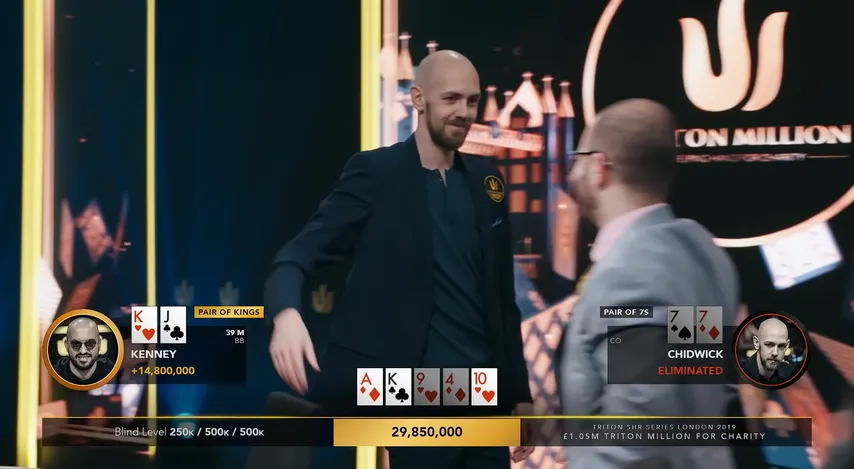
He chopped the tournament and came second, I came fourth. I guess that would be an example of a deviation I made that might surprise some people. Still, I don't know if it was too big of a deviation and if my reasoning was sound or not. It depends how heavily you want to put him on low pairs and suited type stuff, but yeah, I guess if you set up the tree to where he had to shove some stuff, I guess he has or something.
– You forgot one important consideration that is often overlooked!
– What's that? Winning a tournament is pretty sweet?
– I didn't actually think of that, that's actually important. I, for one, one not be particularly thrilled to sit at a table four-handed and have Bryn Kenney raise every hand.
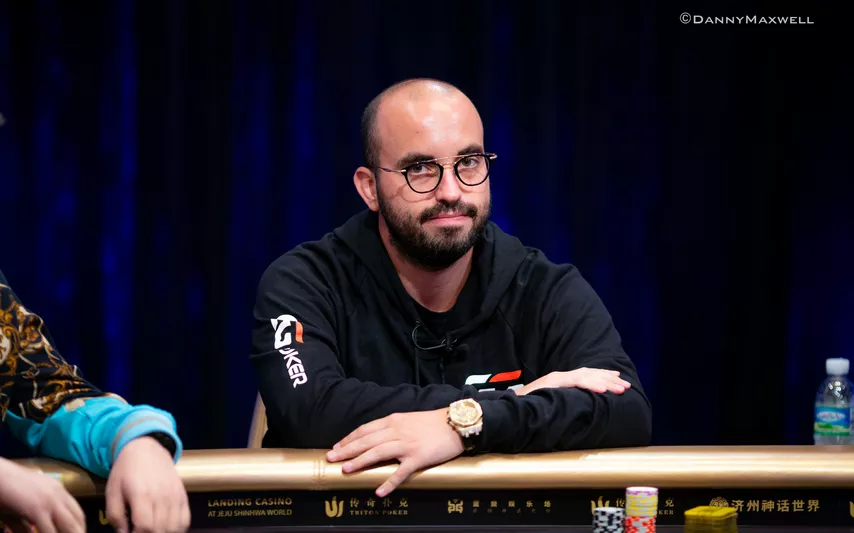
— I didn't know you were giving some fierce staredowns and mean looks to people.
— Unintentional.
— Damn, you shouldn't have said that! It would have been funny if you said "Oh yeah, these guys are just chumps, I'm going to eat them for breakfast," or something. Anyway, let's see, so the live tells, we've got the posture, we've got the breath work, the sleep – how important is all that stuff to you?
— The soft skills are quite important, especially as you get to the highest levels. I am pretty much always looking for any avenue to improve as a player, as a person. I really enjoy the process of working on my weaknesses, trying to optimize everything. So yeah, I pay a lot of attention to things like sleep, diet, everything like that, I wear a Whoop – I see you have one too. So yeah, I pay a lot of attention to the things outside of poker. I wish that I had realized sooner how big of an impact physical impact has on my mental health and performance. It's a huge one for me, personally. I have worked on that more in recent years and I've definitely seen the benefit.
— What kind of benefit and which kind of exercise do you find useful?
— Definitely with the Whoop, the heart rate variability stuff, increasing that over time, which I think is considered to be the most useful metric for indications of physical health. So yeah, I see increases in heart rate variability, better focus and mental resilience I guess. The ability to deal with stress, stuff like that.
— I had no idea you had a couple of rock-climbing gyms, that's pretty cool – who knew? Stephen's secrets. Let's say you're doing exercise X amount of times a week; how does that translate to an edge in poker?
— It's tough to really track focus. I do have a kind of poker journal type of thing where I kind of score myself on a few different metrics. I do that every break. I'll give myself a "How did I perform?", and "How was my focus?", stuff like that. I'll write that down and see how it's impacted by the level of the day, like how long have we been playing, sleep stuff, and everything else. I don't think I could put specific numbers, like, "Oh exercising twice a week makes me 15% more focused." I don't know how I would come to those numbers.
— “Why We Sleep” – it's a very important book. That talks about how things are affected, what affects sleep, and how important it is, and all these different things. It will even say you can have quite a difference functionally of even 25% and not even notice because your sleep sucks.
— Yeah that's something that the Whoop made me realize, how big of an impact that can have. Things that I wasn't really thinking about, like one glass of wine for example, how big of an impact that has on your sleep quality.

— Oh really? I thought one glass of wine was healthy?
— I think that's a misconception. I think it's going to have some benefits but I don't think that they outweigh the cons.
— Have you dabbled much in spirituality? I know you're into Whim Hoff.
— Yeah, I'm very interested in that sort of thing. I think that I'm a bit more drawn to some of the Eastern philosophies, Buddhism in particular I guess. Yeah, I'm very interested in religion in general, how it shapes societies, what part it plays in how we've evolved and how we see the world, the impact. Yeah, definitely interested in that.
— I want to ask you a couple more questions, that might take you off guard. What do people often get wrong and misunderstand about you?
— Probably that I am mean or too serious.
— They think you're mean?
— I don't talk very much at the poker table. I've had, throughout my life, pretty intense social anxiety and it leads me to not very engaging in social situations. So I think I probably come off as cold or unfriendly to people, especially with my staring or whatever.
— Probably friendlier than me actually, I'm not always friendly.
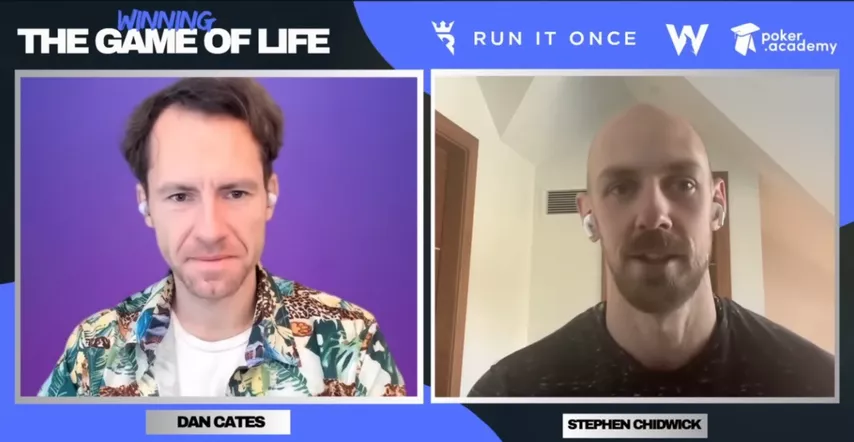
— I had a lot of mental health issues in my early twenties. The doctors came to it from a, try these drugs and if these don't work, try these other drugs, or whatever. I wish someone had told me earlier, "Hey, pay attention to how you feel when you exercise, or when you eat this food instead of this food."
There you have it. Stephen Chidwick built his bankroll starting with freerolls and now commands a top-five stop on the All Time Money List. The guarantees are larger than they were when Chidwick could win "$10 or whatever," as he put it. Nowadays, poker rooms have no problem hosting dozens of freerolls a day, with prizes in the hundreds of dollars (or tournament tickets).











